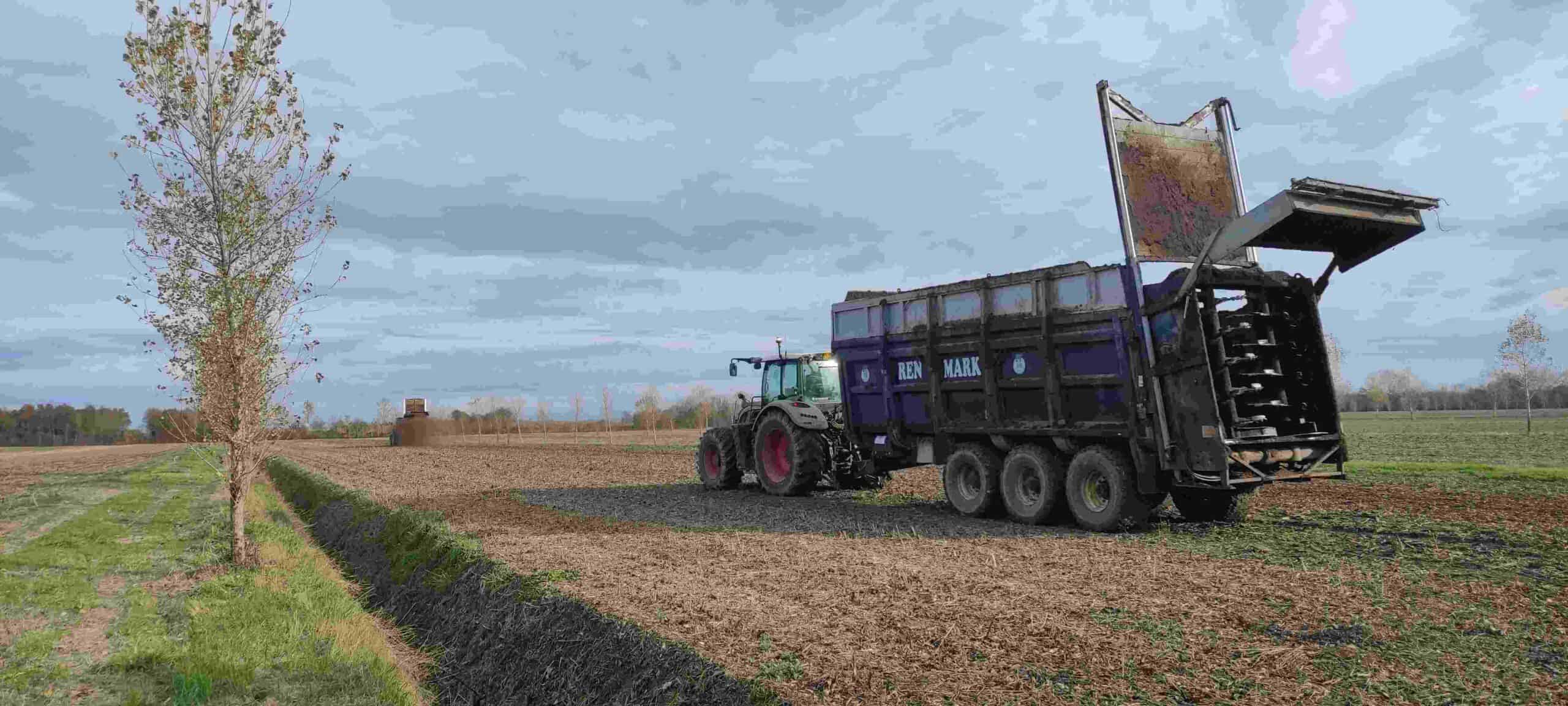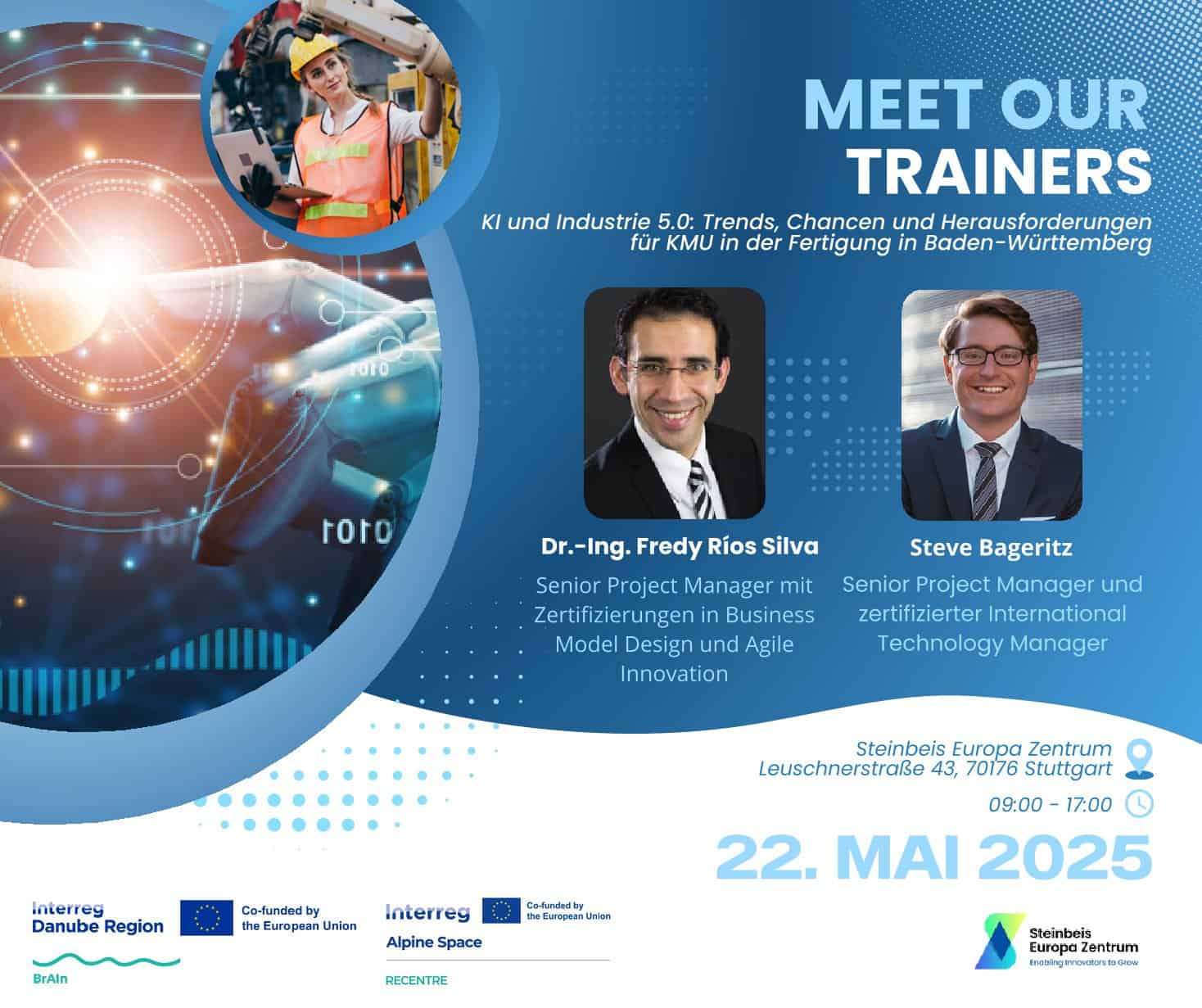The symposium will focus on ecological issues in architecture - issues that are no longer arbitrary, but an ethical, institutional and legislative imperative for architecture today. It appears in architecture in several ways: in the form of the use of sustainable, natural materials, the development of new ones and the recycling and reuse of existing materials; in the form of regeneration, conservation and renovation of the existing building fabric instead of building new ones, or at least prolonging the use and life of the building; and in the form of the energy efficiency of its operational systems, designed to maintain a constant living comfort in terms of temperature, humidity, light and so on.
In contrast to the other listed ecological parameters of architecture, 'energy efficiency' is, for the time being, the only one strictly regulated by regulations setting permissible energy limits for the operation of a building. With regard to the role of ecology in architecture, the symposium will focus on the concept of "energy efficiency", mainly through the consideration of a high quality and sustainably designed living environment, more specifically, the heating and cooling of buildings - processes that not only consume the most of the final energy of a building, but are also of utmost importance in view of the current energy crisis, which has affected Europe more than other continents due to its excessive dependence on energy imports.
The purpose of the symposium
The symposium will address the possibilities for creating quality living environments in the light of the acute energy crisis through three thematic strands (Heritage, Renovation and Ecology, Energy Systems and Society, Ecology as an Integral Part of Architecture). It will focus on the possibilities of redefining the notion of energy efficiency through an integrated consideration of ecology in architecture and urban planning and the creation of spaces of harmony between people, architecture and the natural environment, where the integration of different disciplines and fields is essential. A new understanding of the built environment cannot be based solely on replacing one energy source with another, supposedly more ecological one, or on replacing existing technologies with more advanced ones. In the field of architecture, sustainable project design must be understood as an essential part of the creative process or architectural design. Only by designing buildings that are essentially ecological can we respond autonomously, by architectural means, to the pervasive energy problem.
The symposium will open a debate on the importance of the necessary changes in the relationship between the built environment and ecology, and the joint action of the cultural, economic, construction, spatial planning and environmental sectors.
Structure of the symposium
The multidisciplinary symposium will consist of three thematic strands. Each of these will include short, five-minute presentations by invited Slovenian experts, followed by a moderated discussion by the guests, after a presentation of the moderator's background and an introductory speech by an established expert from abroad.
- SECTION 1: Heritage, regeneration and ecology
- SECTION 2: Energy systems and society
- SEKCIJA 3: Ekologija kot integralni del arhitekture
On the event will be presented BAUHALSP project and examples of good practice and innovative products and systems developed or under development in Slovenia.
Location:
The symposium will take place at the Museum of Architecture and Design in Ljubljana and will be free of charge.
Apart from the opening lectures, it will be held in Slovenian.
Symposium concept:
Anja Vidic, Jure Grohar (Vidic Grohar architects)
Eva Gusel, Maša Mertelj, Matic Vrabič (Mertelj Vrabič arhitekti)
Maja Vardjan, Museum of Architecture and Design
For more information, please contact:
Blažka Kirm, MAO: blazka.kirm@mao.si
Anja Vidic: anja@vidicgrohar.com
Partners
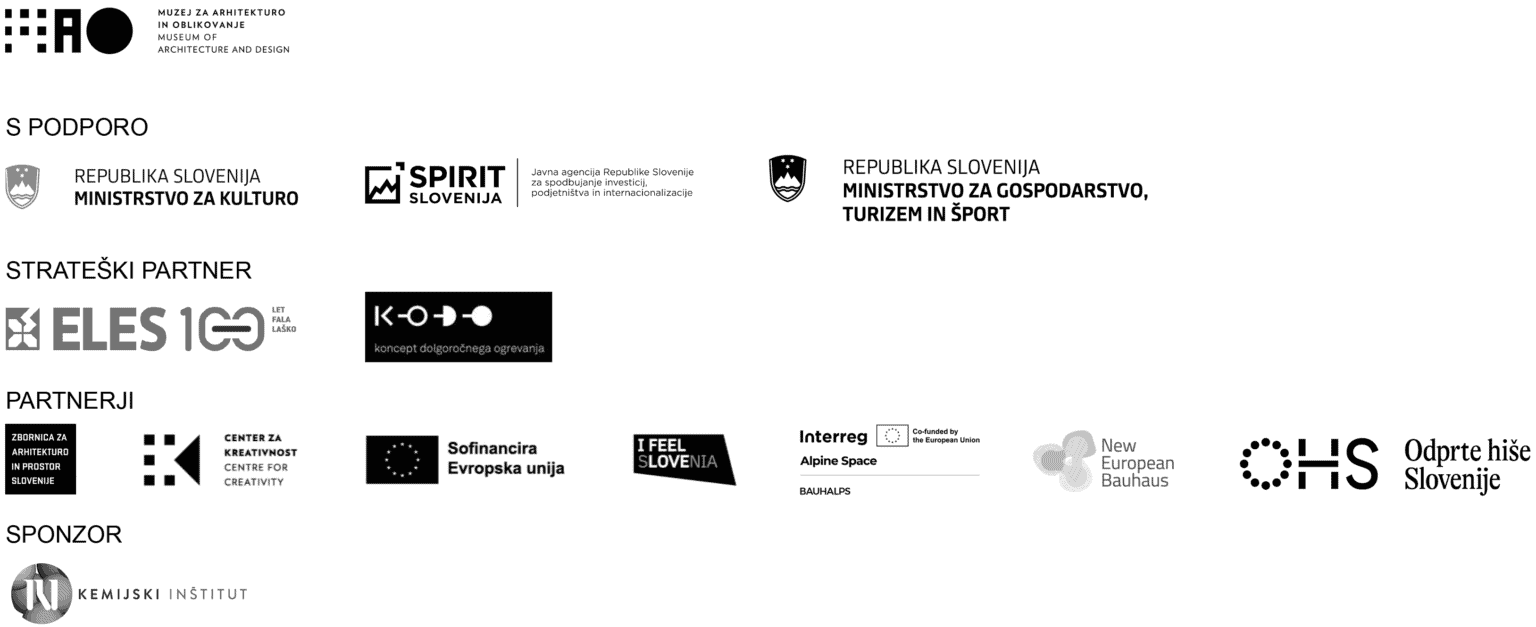



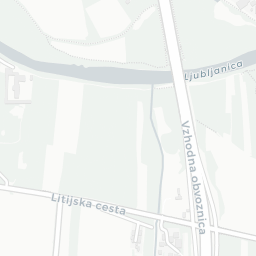

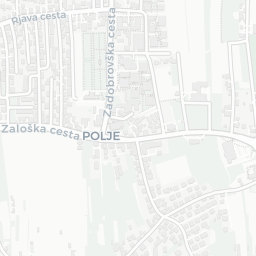







Programme events
Project events
